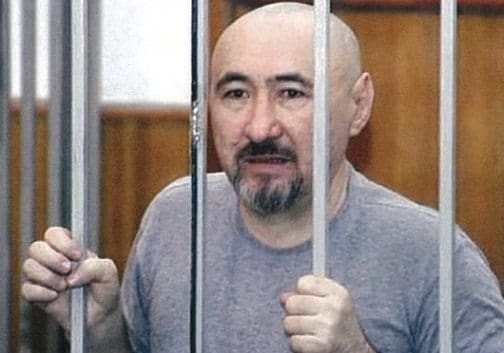Kazakhstan declared at the U.N. Universal Periodic Review in February 2010 that the authorities “would not rest until all vestiges of torture had been fully and totally eliminated.” This bold promise has not been borne out by reality. In 2013, the security forces in Kazakhstan still enjoy impunity for human rights violations.
This is starkly underlined by the lack of effective investigation and prosecution of the use of excessive and lethal force by the security forces during strike actions and protests in the town of Zhanaozen as well as the torture and other ill-treatment of those people consequently arrested. The U.N. High Commissioner for Human Rights expressed concern over these violations during her visit to Kazakhstan in July 2012. She noted the many unanswered questions about the police use of force against the demonstrators and that allegations of torture and forced confessions had not been effectively investigated. She recommended an independent international investigation as “the only way to credibly answer these questions once and for all.”
Eighteen months after the events in Zhanaozen, the authorities assert that they have conducted thorough and impartial investigations into all the allegations in compliance with their international human rights obligations.
However, despite hundreds of cases of torture or other ill-treatment reported by victims, their lawyers and NGOs over the past three years, as well as the excessive – and in some cases lethal – use of force in Zhanaozen, there have been only a small number of prosecutions of members of the security forces. Kazakhstan is obliged under international law to ensure that allegations of torture or other ill-treatment are promptly, thoroughly, impartially and independently investigated, that victims receive reparation, and that perpetrators are identified and brought to justice in fair trials with penalties commensurate with the gravity of the violation.

